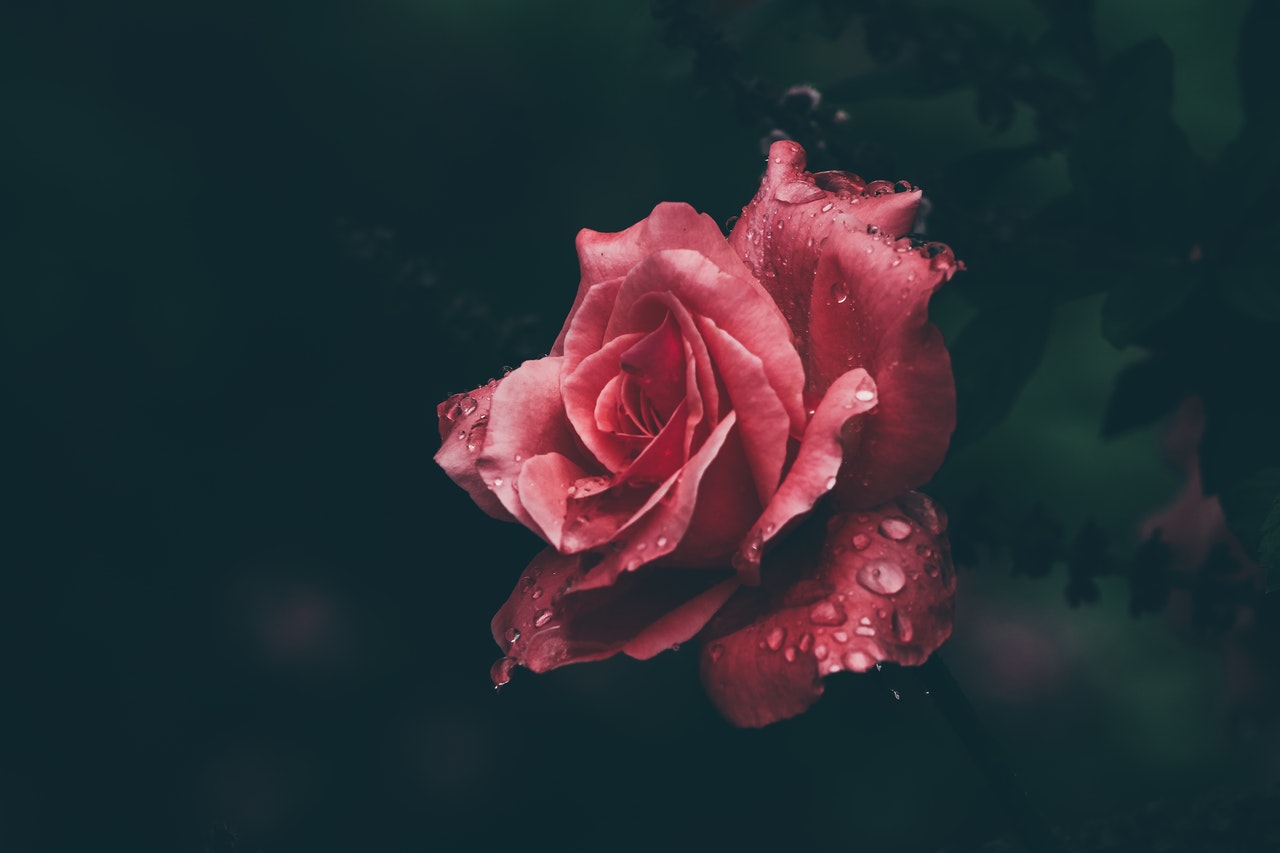The hype: A modern Chinese tea house with luxury la mian dishes and a mission—to make Chinese tea accessible to everyone. The restaurant takes its name from lesser-known tea hero Miser Wu Jue Nong, who fronted preserving Chinese tea culture in the mid-1900s.
The vibe: Sitting along Chinatown’s Nankin Row, Mister Wu fits right in with its modern oriental aesthetic. Decor is kept clean but attentive with ornate accents like the authentic crockery sourced from China, and the inviting wall of tea canisters—at least 38 different blends at any one time. It’s small, but a cozy and comfortable space to appreciate the best teas.
The food: With affordable lunch sets, Mister Wu does well with the neighboring lunch crowd. Come dinnertime though, the modest place comes into its own with indulgent mains featuring premium ingredients. The Chilled Truffle Caviar Oyster “Tu Hao” La Mian ($23, translating to ‘nouvea-rich’) comes drenched in truffle oil and topped with Chinese caviar, Sakura ebi and Hiroshima oysters—a light, fragrant take on the Western cappelini. Or order the Hibiki Whiskey Seafood Soup La Mian ($28), a bowl of fresh seafood soup with a surprising peppery kick. Add in the shot of Japanese whiskey after your first bite for a novel twist to your soup base.
Aside from noodles, there’s also a popular Claypot Chicken Hotpot ($38)—a two-in-one situation where you can have the flavorful kampong chicken on its own first, before having it transformed into an elegant hotpot, with premium ingredients like F1 prime Hokkaido wagyu and sashimi-grade scallops.
While you’re there, don’t miss Mr Su’s Braised Pork ($8), braised pork belly made from an exclusive recipe that was taught to the founder on a hike up some mountains in Taiwan; true story. It well worth the hassle—the belly is simply divine; the fatty part melts in your mouth with a hint of alcohol from the tea-infused sauce. Another unexpected winner is the Big Boss Beef ($18)—the wagyu steak is well-marinated and comforting, but it’s the fresh potato wedges that are the star, roasty and clean-tasting.
For bites, get the Fried Ping Pong Wanton ($8), freshly wrapped every morning. If you’re more a dessert person, don’t miss the fragrant tea-flavored ice creams (with optional tea pairing per the staff’s recommendation). In order of what’s best, try the Canton Black Lychee, Oolong (definitely opt for the shot of Balvenie double-wood aged 17 years), White Jade, and Osmanthus Green Tea.
The drinks: You’ll come for the food (how does one turn down truffle la mian?) but stay for the teas. Mister Wu takes their teas extremely seriously, even using traditional gong dao cups (‘fairness cups’) to pour the tea, so the flavor stays even and consistent throughout your meal—without steeping too long in the teapot. The Osmanthus Green Tea from Fujian is an easy favorite that’s light and refreshing to last a whole meal, as is the house pour Pu Er above 15 years old.
There’s also a full list of inventive Chinese tea cocktails, conceptualized with the help of Jia Wei from Employees Only. Can’t decide? Get the cheeky ‘monkey on monkey’ concoction White Jade Monkey King ($18)—White Jade monkey tea with Monkey Shoulder whiskey and sour plum shots; aromatic but potent. Or the girlier Spring Cherry Blossoms ($18) brewed with rose tea and sakura vermouth.
Why you’ll be back: The love for Chinese tea is real here at Mister Wu, so much that they’re innovatively infused into the ice cream, chocolates and cocktails. The luxury la mian is one thing; for a curated tea experience from people who truly know their stuff, come here.





